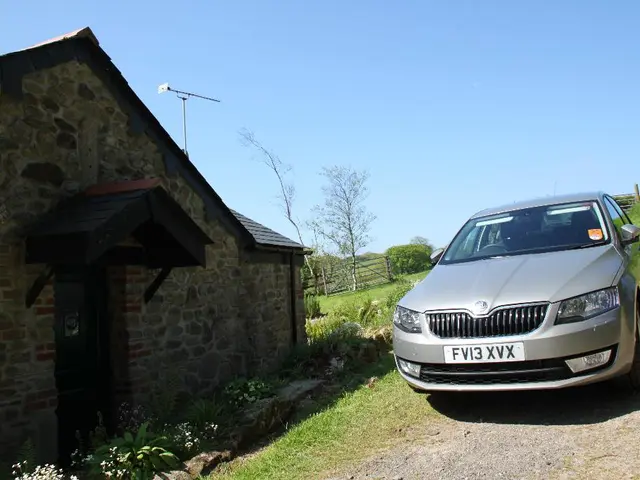Germany's 'Construction Turbo' Law Aims to Speed Up Housing Construction
The German government has proposed the 'construction turbo' law to speed up construction processes, aiming to tackle housing demand. The law, initially set to run until 2030, is currently under review by the Bundestag. Environmental groups, however, have raised concerns about its potential impacts.
Presented in June 2025, the 'construction turbo' bill seeks to shorten approval procedures, reducing planning standards and deadlines. This aims to prevent delays seen in projects like Berlin-Mitte's Lilienthal Quarter. The law's goal is to enable municipalities to react swiftly to housing shortages.
The Bund für Umwelt und Naturschutz Deutschland (BUND) has criticized the bill, seeing it as a missed opportunity to address root causes of the housing crisis, such as high ground prices and construction costs. BUND chairman Olaf Bandt worries that ecological assessments may be neglected, particularly affecting green areas and trees in cities. The organization calls for a focus on using existing buildings, densification, and stricter tree protection regulations to adapt to climate change.
The 'construction turbo' law is set to be reviewed in 2029, with the German parliament expected to decide on its implementation in the coming months. While the law aims to accelerate construction processes, environmental groups like the BUND urge its withdrawal or improvement, advocating for a comprehensive reform of the Building Code for long-term, climate-adapted urban development.
Read also:
- Emerging Investment Trends in China's Ethical Finance Sector for 2025
- Construction and renovation projects in Cham county granted €24.8 million focus on energy efficiency
- Trump challenged in court over halting billions in funding for electric vehicle charging infrastructure
- Submission opportunity available for ACCU Scheme method proposals







